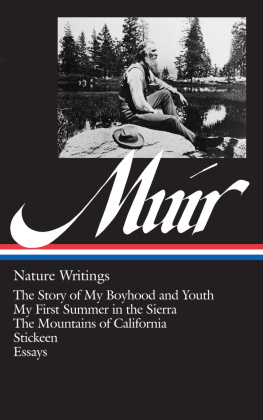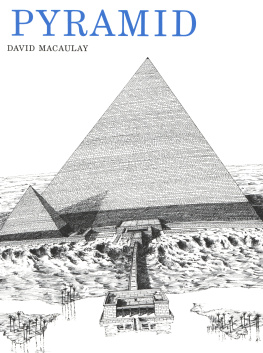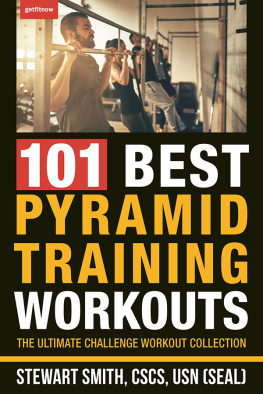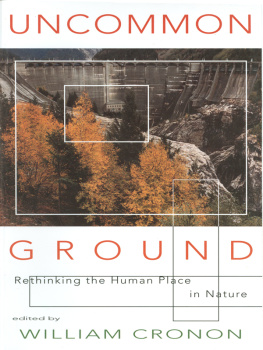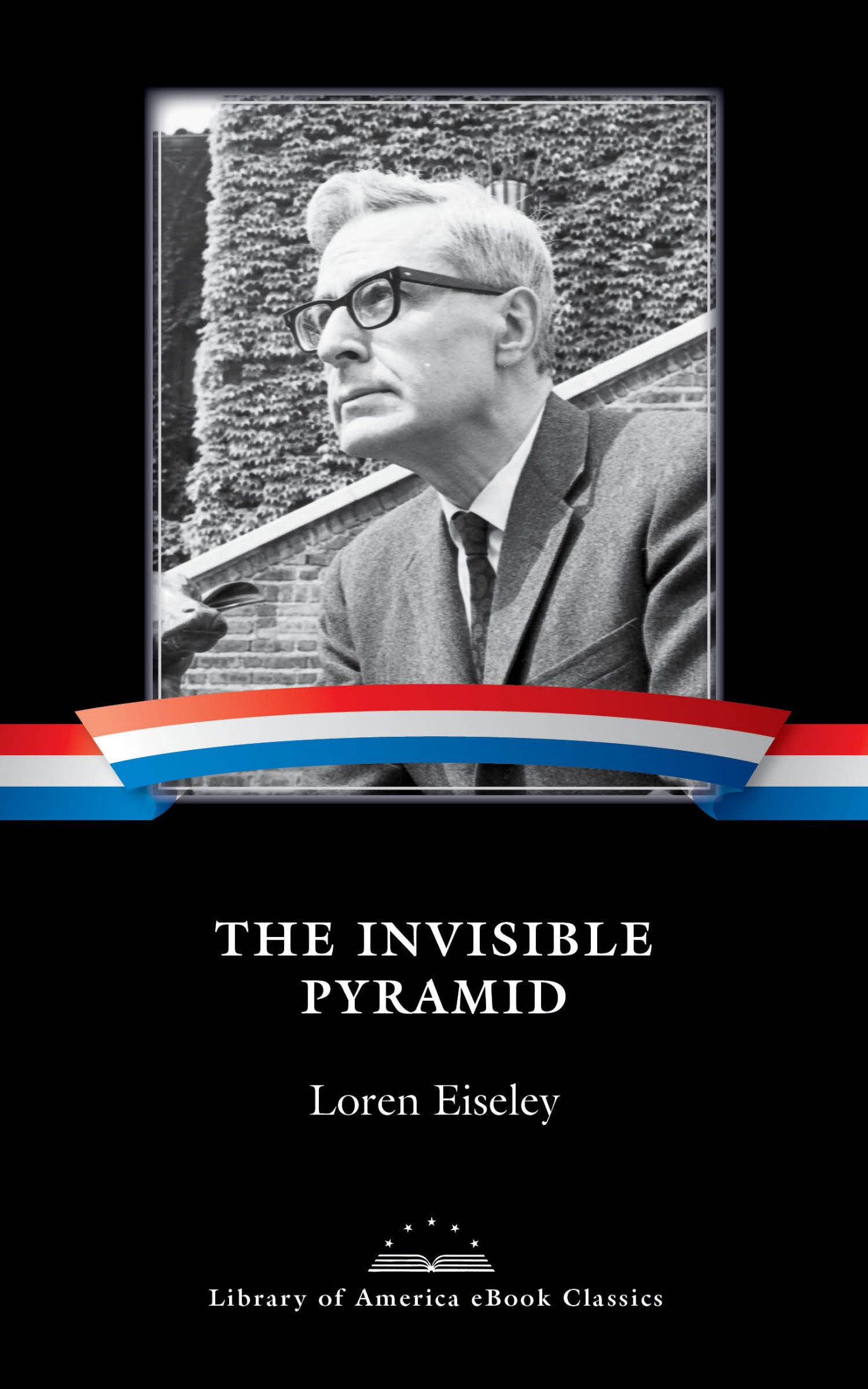T HE THEME of this book was developed through a series of lectures delivered under the auspices of the John Danz Fund at the University of Washington in Seattle in the Fall of 1969. It gives me pleasure to express to the members of the Danz family my appreciation of their interest and generosity, as well as to the administrative staff of the University, who were my hosts.
I should also like to express my thanks to my friend and former colleague, the astronomer Frank Bradshaw Wood, of the University of Florida, Gainesville, for information cheerfully supplied me upon the elliptic of Halleys comet. Similarly I am glad to seize this opportunity to mention the many provocative conversations which have taken place with my university colleagues, Froelich Rainey, Director of the University Museum, and Dale Coman, M.D., of the University Medical School. As men concerned with the growing problems of our environment, we share equal anxieties and hopes.
In this book I have chosen, for literary reasons extending into the seventeenth century, to use somewhat interchangeably the terms Halleys star and Halleys comet, since for the latter no satisfactory synonym exists. I do not think anyone will be confused by this interchange, which has stylistic advantages in a book of this nature.
Doubles its lonesome track.
Aeschylus wanders back.
JOHN G. NEIHARDT
M AN WOULD NOT be man if his dreams did not exceed his grasp. If, in this book, I choose to act in the ambivalent character of pessimist and optimist, it is because mankind itself plays a similar contradictory role upon the stage of life. Like John Donne, man lies in a close prison, yet it is dear to him. Like Donnes, his thoughts at times overleap the sun and pace beyond the body. If I term humanity a slime mold organism it is because our present environment suggests it. If I remember the sunflower forest it is because from its hidden reaches man arose. The green world is his sacred center. In moments of sanity he must still seek refuge there.
If I dream by contrast of the eventual drift of the star voyagers through the dilated time of the universe, it is because I have seen thistledown off to new worlds and am at heart a voyager who, in this modern time, still yearns for the lost country of his birth. As an anthropologist I know that we exist in the morning twilight of humanity and pray that we may survive its noon. The travail of the men of my profession is to delve amid the fragments of civilizations irretrievably lost and, at the same time, to know mans enormous capacity to create.
But I dream, and because I dream, I severally condemn, fear, and salute the future. It is the salute of a gladiator ringed by the indifference of the watching stars. Man himself is the solitary arbiter of his own defeats and victories. I have mused on the dead of all epochs from flint to steel. They fought blindly and well against the future, or the cities and ourselves would not be here. Now all about us, unseen, the final desperate engagement continues.
If man goes down I do not believe that he will ever again have the resources or the strength to defend the sunflower forest and simultaneously to follow the beckoning road across the star fields. It is now or never for both, and the price is very high. It may be, as said, that we breathe the air that kills both at home and afar. He did not speak of pollution; he spoke instead of the death that comes with memory. I have wondered how long the social memory of a great culture can be sustained without similarly growing lethal. This also our century may decide.
I confess that the air that kills has been breathed upon the pages of this book, but upon it also has shone the silver light of flying thistledown. In the heart of the city I have heard the wild geese crying on the pathways that lie over a vanished forest. Nature has not changed the force that drives them. Man, too, is a different expression of that natural force. He has fought his way from the seas depths to . He has mastered the plague. Now, in some final Armageddon, he confronts himself.
As a boy I once rolled dice in an empty house, playing against myself. I suppose I was afraid. It was twilight, and I forget who won. I was too young to have known that the old abandoned house in which I played was the universe. I would play for man more fiercely if the years would take me back.
ONE
of the species man was equal to what he was destined to become.
JEAN ROSTAND
I N THE YEAR 1910 Halleys cometthe comet that among many visitations had flared in 1066 over the Norman invasion of Englandwas again brightening the night skies of earth. Menace of the Skies, shrieked the more lurid newspapers.
Like hundreds of other little boys of the new century, I was held up in my fathers arms under the cottonwoods of a cold and leafless spring to see the hurtling emissary of the void. My father told me something then that is one of my earliest and most cherished memories.
If you live to be an old man, he said carefully, fixing my eyes on the midnight spectacle, you will see it again. It will come back in seventy-five years. Remember, he whispered in my ear, I will be gone, but you will see it. All that time it will be traveling in the dark, but somewhere, far out therehe swept a hand toward the blue horizon of the plainsit will turn back. It is running glittering through millions of miles.
I tightened my hold on my fathers neck and stared uncomprehendingly at the heavens. Once more he spoke against my ear and for us two alone. Remember, all you have to do is to be careful and wait. You will be seventy-eight or seventy-nine years old. I think you will live to see itfor me, he whispered a little sadly with the foreknowledge that was part of his nature.
Yes, Papa, I said dutifully, having little or no grasp of seventy-five years or millions of miles on the floorless pathways of space. Nevertheless I was destined to recall the incident all my life. It was out of love for a sad man who clung to me as I to him that, young though I was, I remembered. There are long years still to pass, and already I am breathing like a tired runner, but the voice still sounds in my ears and I know with the sureness of maturity that the great wild satellite has reversed its course and is speeding on its homeward journey toward the sun.


